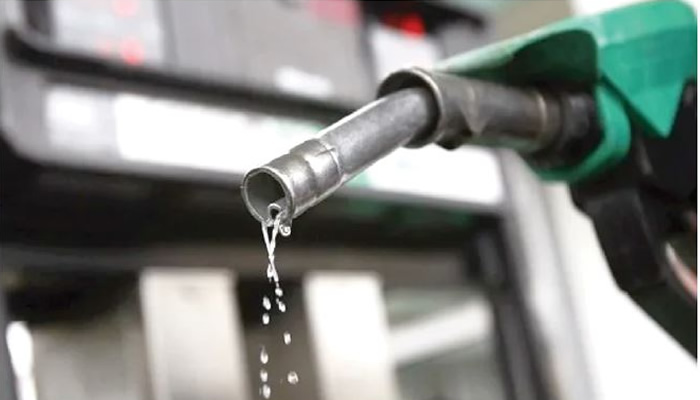ABUJA, NIGERIA
Nigeria’s daily petrol consumption witnessed a noticeable decline in the month of June 2025, with official figures released by the Nigerian Midstream and Downstream Petroleum Regulatory Authority (NMDPRA) putting the average daily usage at 48.03 million litres. This marks a significant shift in the country’s fuel demand dynamics, drawing attention from both economic observers and industry stakeholders.
According to data obtained through regulatory monitoring reports, the June figure reflects a continuing downward trend that began following the full removal of fuel subsidies in mid-2023—a policy move that altered the pricing structure and consumer behaviour nationwide. While fuel usage prior to the subsidy removal hovered well above 60 million litres daily, the current figures suggest a growing adjustment by Nigerians to more cost-conscious energy consumption patterns.
Industry experts attribute the decline to a mix of factors, including increased fuel efficiency, a shift toward alternative energy sources, reduced smuggling activities, and the general tightening of disposable income among citizens due to ongoing inflationary pressures. Transport operators, especially those in urban areas, have also reportedly adjusted their logistics schedules and load capacities to cope with the current fuel pricing realities.
The NMDPRA, in its monthly downstream performance bulletin, confirmed that fuel distribution and lifting have remained steady, with no reported shortages or major disruptions across the federation. The agency noted that efforts to ensure accountability in the petroleum supply chain are beginning to yield results, particularly in curbing leakages and unauthorised diversions.
Meanwhile, the Federal Government has maintained that reforms in the downstream sector are critical to stabilising the economy and attracting private sector investments. With local refineries such as the Dangote Refinery expected to ramp up production capacity in the coming months, analysts believe Nigeria could see further moderation in fuel prices and import dependency over time.
For now, the drop in consumption is being viewed as both an economic indicator and a reflection of evolving national energy behaviour. As the country continues on its path of fiscal restructuring and resource optimisation under the Renewed Hope Agenda, stakeholders say a transparent and data-driven fuel management approach is key to long-term stability and growth.




